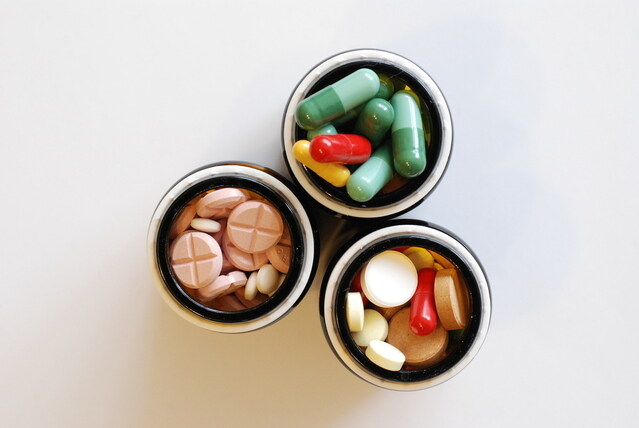The same medicine will have different dosage forms, such as tablets, capsules and granules. So what is the difference between a tablet and a capsule? What are the characteristics of tablets and capsules?
Tablet:
The tablets are divided into the following categories:
1. Ordinary tablets: Tablets that are prepared by mixing drugs and excipients.
2. Coated tablets: It is a layer of transparent protective clothing on the core of the film. The purpose is to increase the stability of the drug, mask the bad odor of the drug, and the like.
Enteric coated tablets are typical coated tablets. The tablets are covered with a protective coat that does not dissolve in the gastric juice and is only soluble in the intestinal fluid. It prevents the drug from being destroyed in the gastric juice and prevents the drug from irritating the stomach. Therefore, when taking enteric-coated tablets, do not pry, chew, or grind the tablets.
3. Dispersible tablets: They refer to tablets that can be quickly dissolved in warm water to form a suspension. This type of tablet is suitable for infants and the elderly and can be quickly absorbed.
The tablet is composed of a crude drug, a filler, an adsorbent, a binder, a lubricant, a dispersing agent, a wetting agent, a disintegrating agent, a perfume, a coloring matter and the like. It is made by crushing, granulating, drying, and then using a tableting machine to form a sheet. Of course, some tablets can be directly compressed into tablets without granulation and drying. This type of tablet requires accurate content and low weight difference in tablet quality. Its disintegration time or dissolution is in accordance with regulations and the hardness is appropriate. In addition, its appearance is beautiful, the color is good, it meets the hygiene inspection standards, and it is stable in the storage period.
Tablet features:
1. The measurement is accurate, and the difference in the drug content in the tablet is small;
2. With stable quality, it is convenient to carry, transport and take;
3. They are mechanized production, with large output and low cost, which is easy to meet the health inspection standards.
Capsule:
Capsules usually mask the bad odor of the drug and are easy to take. After oral administration, it disperses rapidly in the gastrointestinal tract, absorbs well, and the gastrointestinal tract is stimulated little, and it is not easy to cause damage to the gastric mucosa.
Capsule-filled drugs are generally powders or granules which are irritating to the esophagus and gastric mucosa, or which are not good in taste, easy to volatilize, easily decomposed by saliva in the oral cavity, and easily inhaled into the trachea. These medicines are encapsulated to protect the medicine from damage and protect the digestive organs and respiratory tract. Removing the capsule shell may result in drug loss, drug waste, and reduced efficacy. In addition, some medicines need to be dissolved and absorbed in the intestine, and the capsule is a kind of protection that protects the medicine from being damaged by gastric acid.
Capsule features:
1. High bioavailability. Because the capsule is not added with adhesive and pressure during the preparation process, the gastrointestinal tract disintegrates faster than the tablet and absorbs well.
2. Improve drug stability. If it is sensitive to light and unstable to heat, it can be filled into capsules.
3. It can be made into capsules with high oil content and not easy to be made into tablets.
4. The medicine can be released at a time.



